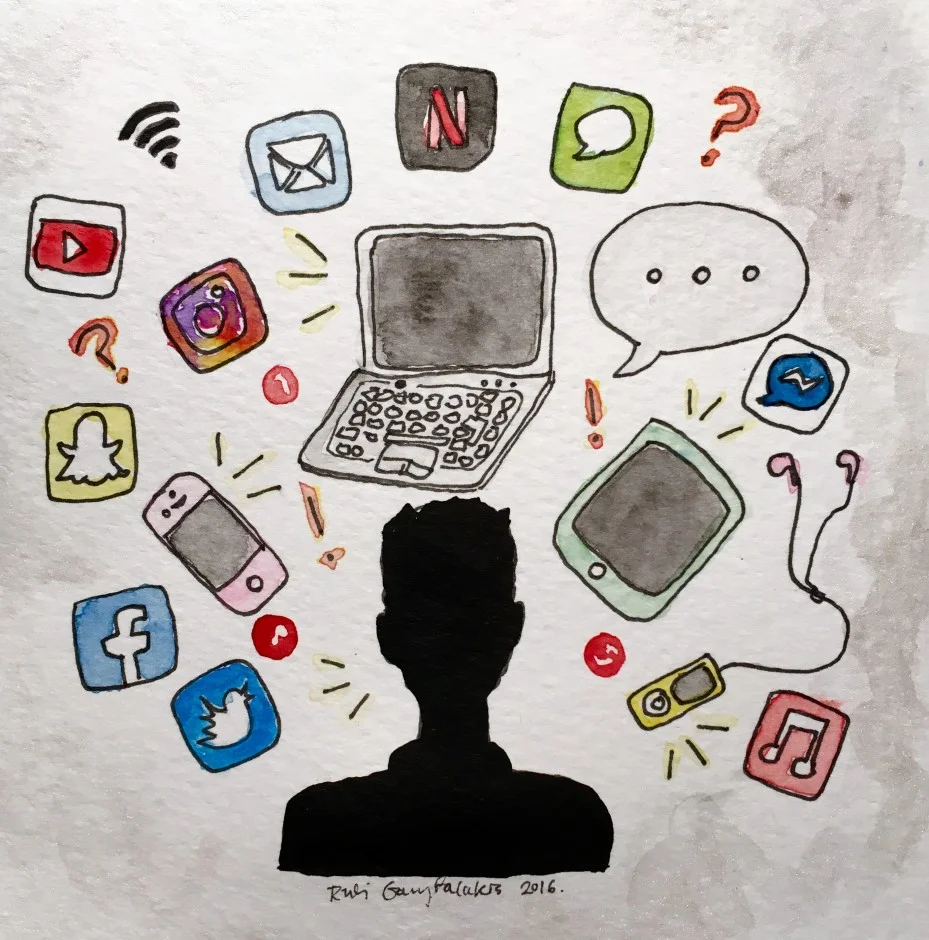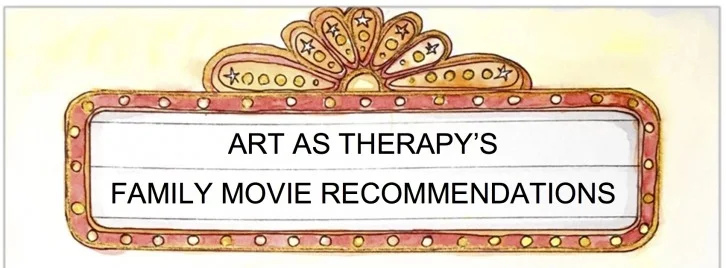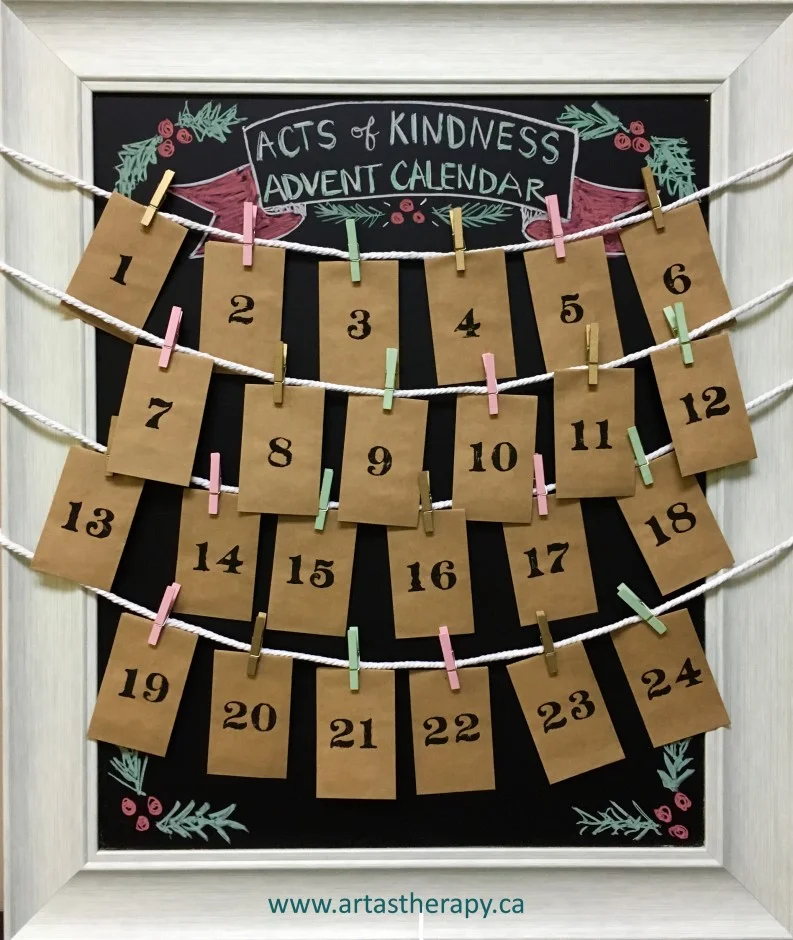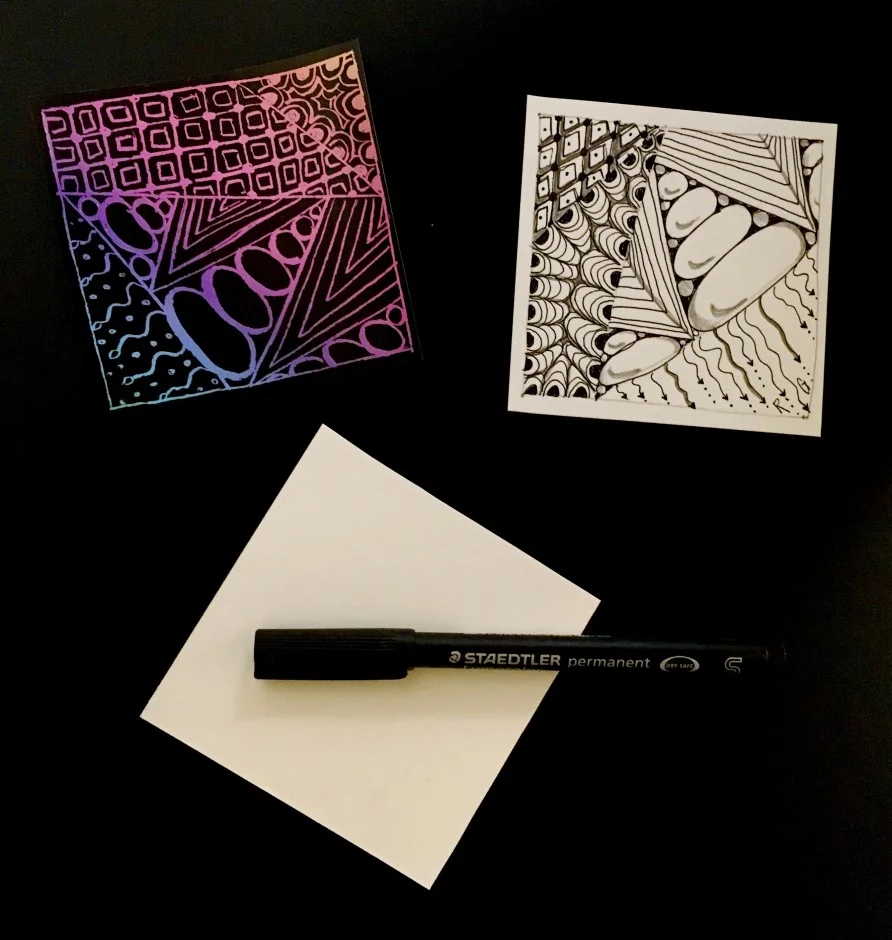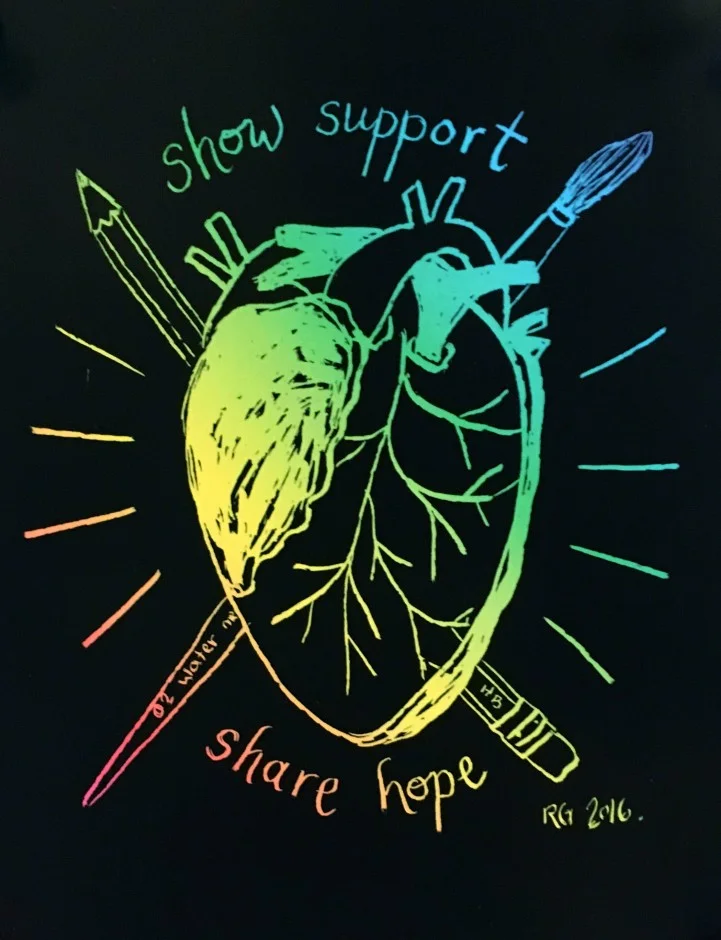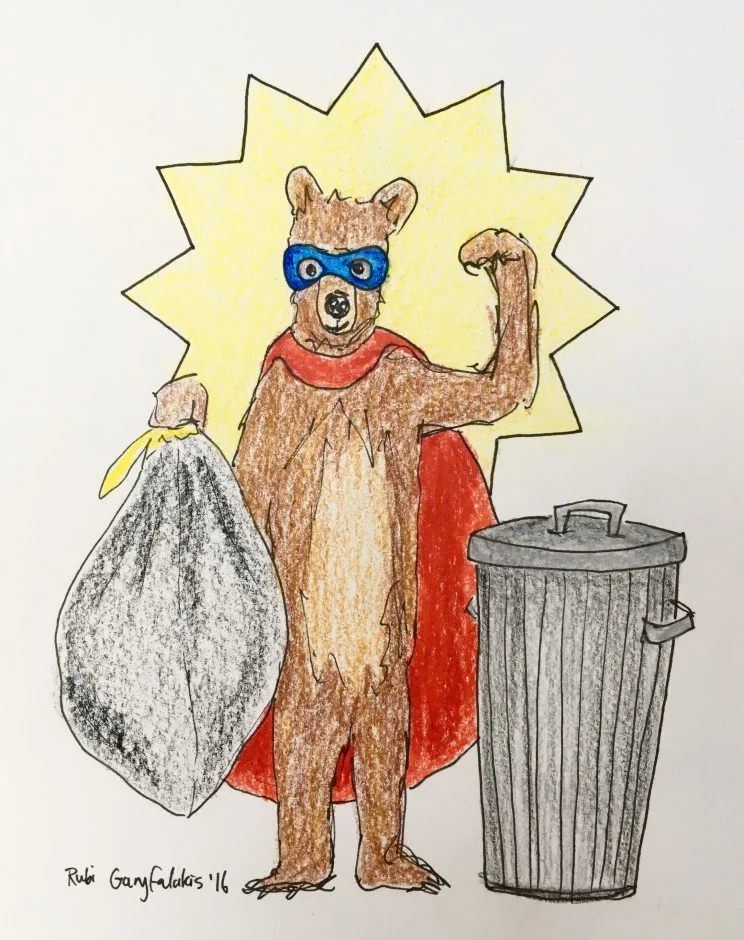Educational consultant Michael Reist makes the argument that difficult children grow up to be interesting adults. He looks at challenging traits in children and considers how these will serve them as adults. For example, an argumentative child has strong verbal communication skills, is passionate, and is intelligent. A disorganized child is more interested in the big picture, a stubborn child is able to set goals and work towards them, a child who doesn’t listen is able to tune out distractions and focus on a single task, and a defiant child is confident enough to stand up to authority figures. These are traits we often encourage or even try to develop in adolescents and young adults.
Empowering Your Teen to Develop Discernment in a Media-Driven Culture
Today more than ever, teens are constantly exposed to media. This includes the images and ads on billboards and in magazines that older generations were met with, but today’s children and teens are also exposed to ads on websites and in apps – these are even specifically targeted for them based on their online activities or interests. Media is interactive and responsive – Netflix makes personalized recommendations, online shopping sites suggest similar items, and teens can like, comment, send, react, and curate what they see on multiple platforms. They can connect with friends and family, but there is also the possibility of connecting with strangers. The world is more virtually connected and accessible than ever before. While this offers many opportunities, it also raises questions about safety, the nature of relationships, sexuality, maturity, peer pressure, decision making, body image… the list is extensive.
Sharing Stories: Art Therapy and Watching Movies as a Family
In a Ted Talk filmed in July 2009, Chimamanda Adichie, a writer and storyteller, warns about the danger of a single story. She observes that we are impressionable and vulnerable in the face of a story, especially as children. If we only know one story about a place or a person, we see things from our single story and there is no possibility for anything else. When we make one story the only story, it can lead to stereotypes, and the problem with stereotypes is not that they are untrue but that they are incomplete. Single stories rob people of dignity and make it very difficult for us to recognize our shared humanity. They emphasize how we are different rather than how we are the same. Adichie emphasizes that many stories matter, that stories can be used to empower and inspire people and can illuminate the ways that we are similar. She suggests that when we recognize that there is never a single story, we can regain a kind of paradise in this world.
Count Down with Acts of Kindness this Christmas with Art as Therapy
The first 24 days of December are viewed for many as the official countdown to Christmas. Some communities refer to this time as advent. The word “advent” simply means the coming or arrival of a notable person, event or thing – in this context, the coming of Christmas.
Mindfulness through Art-Making: Intentional Time In
November is a busy time of year. School and extra-curriculars are in full swing, and calendars rapidly begin filling up with social events and obligations as the holiday season approaches. During busy times we often talk about taking time to unplug or zone out in order to manage well. Have you ever tried what sounds like the complete opposite – intentionally taking time to zone in?
Supporting Someone who Self Harms thorough Art Therapy
Self harm is the act of intentionally injuring yourself in order to find relief from emotional or psychological distress. Self harm is a deliberate, controlled act and can take the form of cutting, burning, or preventing wounds from healing naturally. While self harm exists in the general population (1-4% of people engage in self harm), it is becoming increasingly common in adolescents. In recent years self harm has been addressed via social media. While some of this publicity has been to bring awareness to the behaviour in order to offer mental health support, there is also content available that glorifies self harm or even instructs adolescents on how to perform this behaviour. With incidence as high as 1 in 4 teens engaging in self harm, chances are that teens have a friend who engages in self harm, and they may be curious or feel pressure to experiment with this behaviour themselves. Today we’re sharing some information about self harm, exploring how art therapy can help, and offering ideas for how parents or friends can offer support to someone who is engaging in self harm.
Child Abuse Prevention Month at Art as Therapy
October is Child Abuse Prevention Month in Ontario. Started by one Children’s Aid Society, the campaign has been observed for more than 20 years and has grown to include over 40 communities and Children’s Aid Societies across the province. According to the Child Abuse Prevention Committee, the goals of the campaign are: “to raise awareness about the role of Children’s Aid Societies in the community; to provide tools and resources to help citizens identify and report suspected child abuse and neglect; to reinforce the importance of prevention and early intervention; to build relationships with community partners to strengthen our collective ability to protect children and youth; to enhance the network of resources and supports around children and families; and to mobilize community members at all levels to be mindful of our shared responsibility in protecting children and youth”
World Mental Health Awareness Day
October 10 is World Mental Health Awareness Day, a day committed to global mental health awareness, education and advocacy. This year’s theme is Dignity in Mental Health: Psychological and Mental Health First Aid for All. Today we proudly support World Mental Health Awareness Day by sharing our belief that there is dignity and power in seeking help when it is needed. At Art as Therapy we believe that every individual possesses inner power and the capacity to reach their full potential. This belief shapes our approach to mental health support – we seek to stand beside our clients and empower them to access inner strengths, form healthy connections and find their voice to express their emotions and needs. Just as we may require medical first aid at different points in our lives, we may also require mental health first aid. You and your loved ones have the power to access it today. Check out the World Federation for Mental Health’s report for articles, information, and resources connected to this year’s theme:
The Power of Gratitude and 3 Creative Ways to Practice It
“Piglet noticed that even though he had a Very Small Heart, it could hold a rather large amount of gratitude.” – A. A. Milne, Winnie the Pooh.
In recent years, scientific studies have shown that being thankful can improve our lives in all kinds of ways. According to this infographic created for the Huffington Post, cultivating an attitude of gratitude has physical, mental and psychological benefits (http://www.huffingtonpost.com/2015/03/23/gratitude-effect-body_n_6510352.html). The infographic summarizes the results of studies suggesting that grateful people have lower blood pressure, smoke less tobacco, exercise more, take better care of their physical health, sleep better at night, and have lower levels of stress hormones such as cortisol. Studies suggest that being grateful improves self esteem, reduces the risk for major depression, reduces negative emotions like envy, and can increase empathy and resiliency even when we are faced with challenging or negative experiences. Gratitude is also strongly correlated with optimism, and increased optimism can improve immune system functioning and make us feel happier (http://happierhuman.com/benefits-of-gratitude/).
How to boost your child’s self esteem… by asking them to take out the trash!
At Art as Therapy, we are supporters of household chores for kids. We see chores as a unique opportunity for parents and caregivers to support their children in a sense of “I can!” Capacity describes our ability or power to do, experience, and understand things. Our self esteem reflects our sense of capacity – when we believe that we have the ability and power to do things, we tend to feel positively towards ourselves and feel confident in facing any challenges that come our way.






